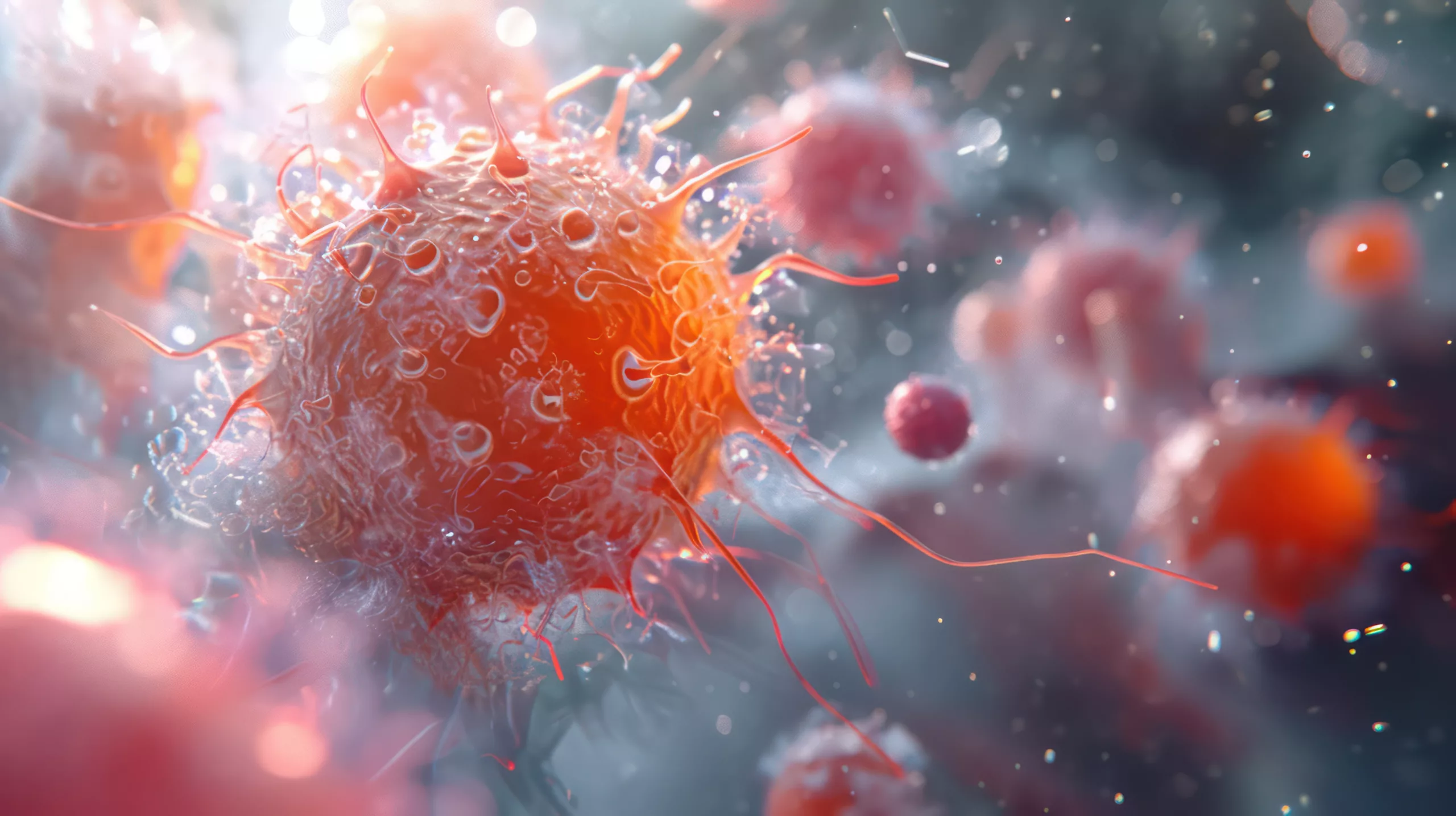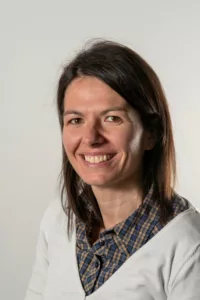Exploring new ways to treat infant leukaemia
The treatment for infant leukaemia is often aggressive and can have long term side effects. For better and kinder treatments to be developed, we need a deeper understanding of the mechanism of the disease and how it manages to survive.

Dr Samanta Mariani, the University of Edinburgh, was awarded a John Goldman Fellowship from Leukaemia UK and has used the funds to delve deeper into infant leukaemia. Dr Mariani and her team are aiming to uncover how leukaemia-associated macrophages – a type of white blood cell, contribute to the development and advancement of this particular form of the disease.
The ch allenge
allenge
While blood cancer is the most common type of cancer in children, acute leukaemia in infants (younger than one year old) is rare. Infant leukaemias make up 2-5% of children with acute lymphoblastic leukaemia (ALL) and around 10% of children with acute myeloid leukaemia (AML).
Acute leukaemias in infants are difficult to treat and very aggressive. Chemotherapy is only able to destroy the disease in half of infant cases, and often causes devastating side effects to our most vulnerable.
There is a critical need to understand what happens in the early stages of development in the disease, to better characterise its onset and progression and so be able to find kinder and more personalised treatment options.
The science behind the research
Recent studies indicate that certain white blood cells, known as macrophages, undergo changes during leukaemia. These altered macrophages then support the growth and survival of cancerous blood cells, even during chemotherapy.
While studies have demonstrated that removing these leukaemia-associated macrophages improves the response to chemotherapy in adult leukaemia mouse models, their involvement in infant leukaemia remains unexplored.
The research conducted by Dr Mariani and her team seeks to uncover whether leukaemia-associated macrophages are present in infant leukaemia mouse models and whether they contribute to the development and progression of the disease. By understanding their role, the team hopes to shed light on potential new avenues for treatment strategies tailored specifically for infant leukaemia patients.
What difference will this research make?
While infant leukaemia is rare, it poses significant challenges for very vulnerable patients (children younger than one year old), often needing extremely aggressive treatment and causing long-term complications in survivors due to heavy side effects.
Dr Mariani and her team are dedicated to reducing treatment side effects and improving the quality of life for infants battling leukaemia. The ultimate aim of her research is to increase the quality of life of infants living with leukaemia, as well as highlighting new treatment pathways which could lead to kinder therapies. By understanding the action of these macrophages in infant leukaemia, new kinder therapies could be developed making treatment less harsh.
